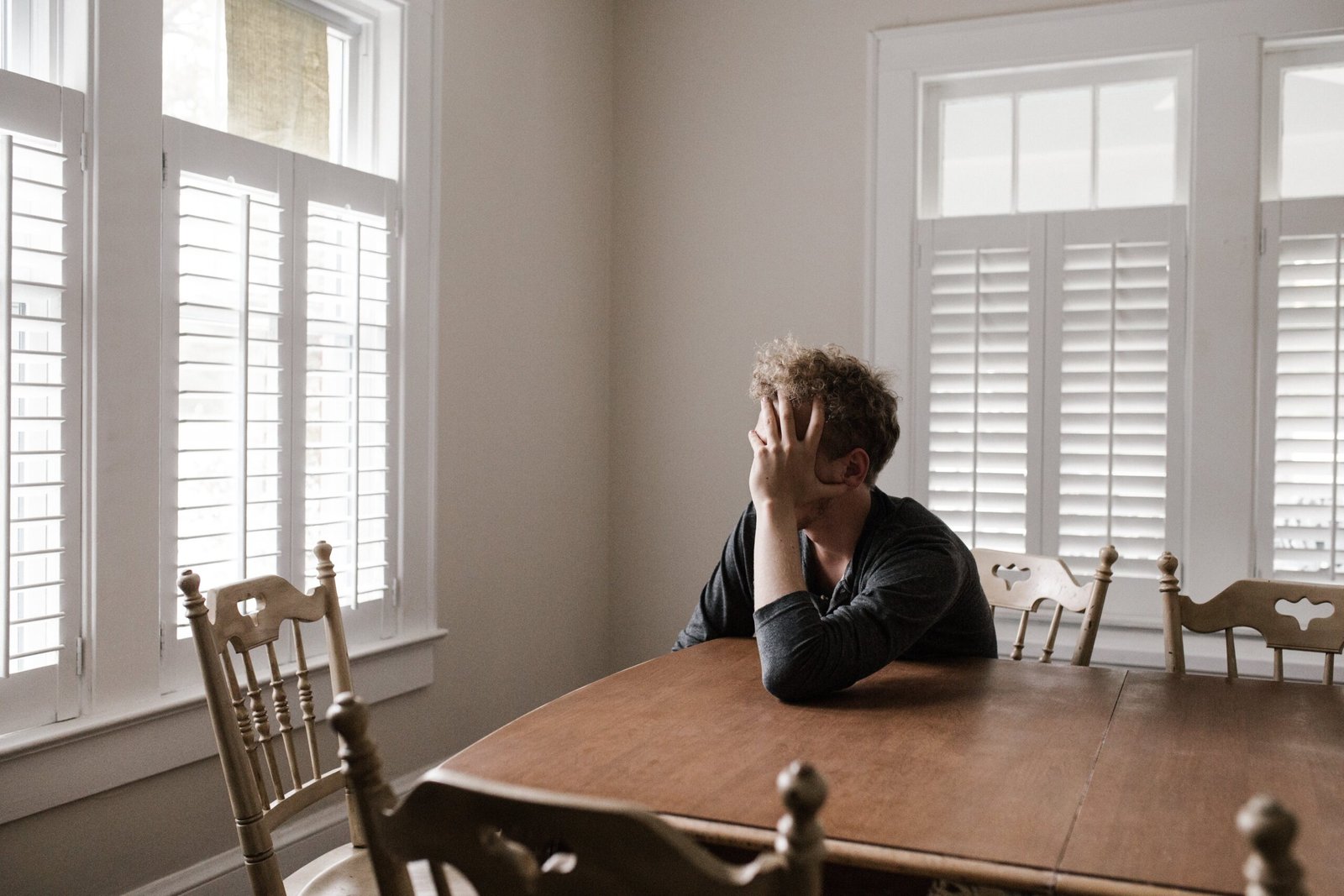
Have you been struggling to get a good night’s sleep due to upper back pain? We understand how frustrating and exhausting it can be to toss and turn, searching for a comfortable position. That’s why we’re here to help! In this article, we will share with you the top techniques for sleeping comfortably with upper back pain. These simple yet effective tips will help you find relief and wake up feeling more rested and rejuvenated. Say goodbye to sleepless nights and hello to a peaceful slumber!
Top Techniques for Sleeping Comfortably with Upper Back Pain
If you’re someone who suffers from upper back pain, getting a good night’s sleep can often be a challenge. The discomfort can make it difficult to find a comfortable sleeping position and leave you feeling restless throughout the night. However, there are several techniques and strategies that can help you sleep comfortably despite your upper back pain. By implementing these tips into your routine, you can finally enjoy restful nights and wake up feeling refreshed.
Sleeping Positions
Finding the right sleeping position can make a world of difference when it comes to alleviating upper back pain. One of the best positions to sleep in is on your side with a pillow between your knees. This helps to maintain proper alignment and reduces strain on your back. Avoid sleeping on your stomach as it can lead to excessive arching of the back and increased discomfort. If you prefer sleeping on your back, try placing a pillow under your knees to relieve pressure on your upper back.

Pillows for Upper Back Pain
Choosing the right pillow is crucial for managing upper back pain while sleeping. Look for a pillow that provides adequate support for both your head and neck. Memory foam pillows are highly recommended as they conform to the shape of your body, providing optimal comfort and support. Additionally, consider investing in a pillow designed specifically for upper back pain. These pillows are often contoured to support the natural curvature of your neck and upper back, helping to alleviate any discomfort.
Mattresses for Upper Back Pain
A supportive mattress is essential for reducing upper back pain and ensuring a comfortable night’s sleep. Opt for a medium-firm mattress that provides enough cushioning to relieve pressure points while still maintaining proper spinal alignment. Memory foam and latex mattresses are popular choices due to their ability to contour to your body and provide adequate support. It’s also worth considering a mattress with adjustable firmness settings, allowing you to find the perfect level of support for your specific needs.

Bed Accessories
In addition to the right pillow and mattress, there are several bed accessories that can further enhance your sleep comfort with upper back pain. Mattress toppers can add an extra layer of cushioning to alleviate pressure points, while lumbar support pillows can provide targeted support to your upper back. Invest in a body pillow if you prefer sleeping on your side, as it can help maintain proper spinal alignment and reduce strain on your back. Experiment with different accessories to find the combination that works best for you.
Pre-Bedtime Routine
Establishing a relaxing pre-bedtime routine can significantly improve your sleep quality, especially when dealing with upper back pain. Avoid engaging in stimulating activities close to bedtime, such as watching intense television shows or using electronic devices. Instead, opt for calming activities like reading a book or taking a warm bath. Engaging in gentle stretching exercises before bed can also help relax your muscles and prepare your body for sleep.

Stretching Exercises
Incorporating stretching exercises into your daily routine can provide relief from upper back pain, ultimately improving your sleep quality. Focus on stretching the muscles in your upper back, shoulders, and neck to release tension and reduce discomfort. Simple exercises like head rolls, shoulder stretches, and chest stretches can help alleviate stiffness and promote relaxation. Consult with a physical therapist or healthcare professional for personalized stretching recommendations that target your specific areas of pain.
Heat and Cold Therapy
Heat and cold therapy can be incredibly effective in alleviating upper back pain and promoting better sleep. Applying a heating pad or hot water bottle to your upper back before bed can help relax tight muscles and increase blood flow to the area. On the other hand, cold therapy, such as using an ice pack or a bag of frozen vegetables, can help numb the pain and reduce inflammation. Experiment with both heat and cold therapy to determine which method works best for you in managing your upper back pain.
Proper Body Alignment
Maintaining proper body alignment while sleeping is paramount for reducing upper back pain. Ensure that your head, neck, and spine are aligned by using supportive pillows and mattresses. Avoid sleeping on a sagging mattress or using an unsupportive pillow, as this can exacerbate your discomfort. Additionally, be mindful of your sleeping posture throughout the night. If you find yourself waking up in awkward positions, adjust your sleeping environment to encourage better alignment.
Breathing Techniques
Practicing breathing techniques can help relax your body and mind, allowing you to drift off to sleep more easily despite upper back pain. Deep breathing exercises, such as diaphragmatic breathing, can activate the body’s relaxation response, reducing muscle tension and promoting a sense of calm. This technique involves taking slow, deep breaths, allowing your breath to extend into your belly rather than remaining shallow and confined to your chest. Practice these techniques before bed to prepare your body for a peaceful night’s sleep.
Additional Tips
Alongside the techniques mentioned above, there are a few additional tips that can contribute to a comfortable and pain-free sleep with upper back pain:
- Avoid caffeine and heavy meals close to bedtime, as these can interfere with sleep quality.
- Use a humidifier in your bedroom to ensure proper humidity levels, as dry air can worsen back pain.
- Invest in a supportive chair for sitting during the day to maintain good posture and reduce strain on your upper back.
- Consider consulting with a healthcare professional, such as a physical therapist or chiropractor, for tailored advice and treatment options.
Remember, finding the right combination of techniques may take some trial and error, so be patient with yourself and be open to trying new approaches. With persistence and dedication, you can achieve restful nights and wake up feeling refreshed, even with upper back pain.





